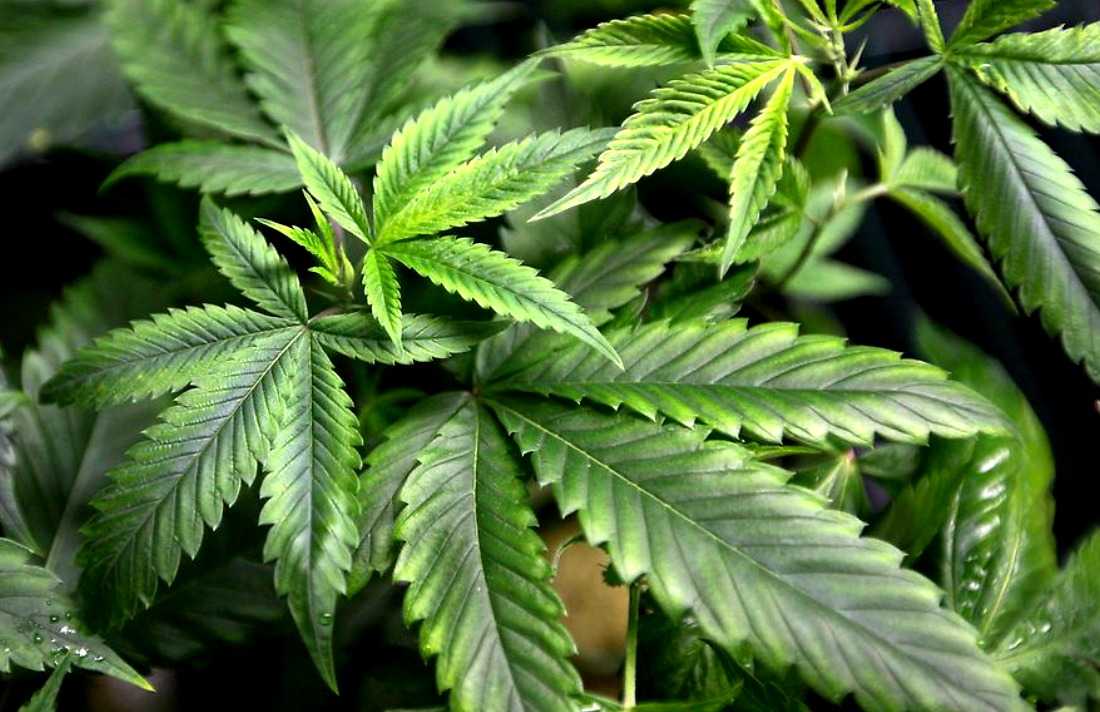
German Health Minister Karl Lauterbach hopes the Cannabis Act will be passed by the Bundestag in February and come into force in April, despite opposition to legalizing cannabis even within the governing coalition.
Despite opposition within Germany's three-party governing coalition, Health Minister Karl Lauterbach still hopes to legalize cannabis by submitting a bill to parliament next month.
"I am continuing to assume that the Cannabis Act will be passed by the Bundestag in the week between February 19 and 23 and will go into force from April 1," Lauterbach told the Sunday edition of Die Welt daily newspaper, adding that talks on the legislation were going well.
The coalition, which consists of the Social Democrats (SPD), including Lauterbach and Chancellor Olaf Scholz, the Greens and the pro-business liberals of the FDP, agreed at the end of November to remove cannabis from the list of prohibited substances in previous legislation. The goal of legalizing cannabis is included in the coalition agreement.
According to the bill, adults will be allowed to grow and possess limited amounts of cannabis starting April 1. As of July 1, clubs set up for collective cultivation will also be allowed.
In an interview, Lauterbach said highly toxic concentrations in unauthorized products endangered consumers and mentioned the need to dry up the black market.
"Controlled distribution of cannabis is the right way to do this, combined with special protection for children and adolescents," he added.
A number of Germany's 16 states, which are responsible for policing, have expressed concern over the legalization.
The southern state of Bavaria, governed by the conservative Christian Social Union, has repeatedly called for the liberalization to be blocked.
Some SPD politicians have also expressed reservations, especially regarding the use of cannabis near schools.
In response, Lauterbach told Die Welt: "We do not want cannabis smoked in front of schools or daycare centers, and for this we have defined a distance of 100 meters as a prohibition zone. I see that as a reasonable decision."
While policing the measure could be difficult, he noted that the current black market has also proved difficult to police.
Source: Dmytro Hubenko – dw.com